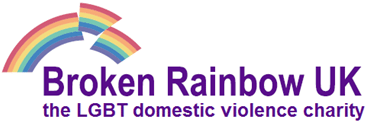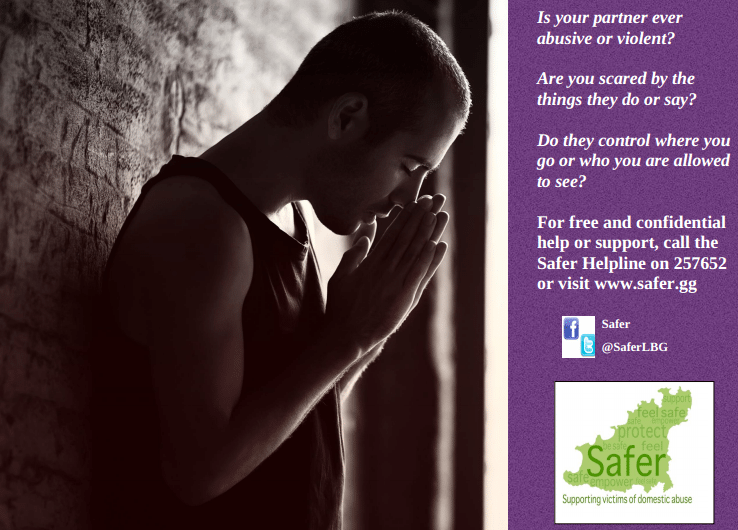What is the image which immediately comes to mind when the words “domestic abuse” or “domestic violence” come to mind?
For most people it conjures up pictures of a man and a woman arguing, with psychological or physical threats being made. In extreme cases it involves actual physical harm.
What most people do not know is that it is also an increasing problem in the Lesbian, Gay, Bisexual and Transgender community. Often such instances go unreported. This is partly because these victims do not recognise this behaviour as domestic abuse and are more likely to believe that they are to blame.
There is also an unwillingness to contact the police or related agencies as they fear they will not get a sympathetic response.
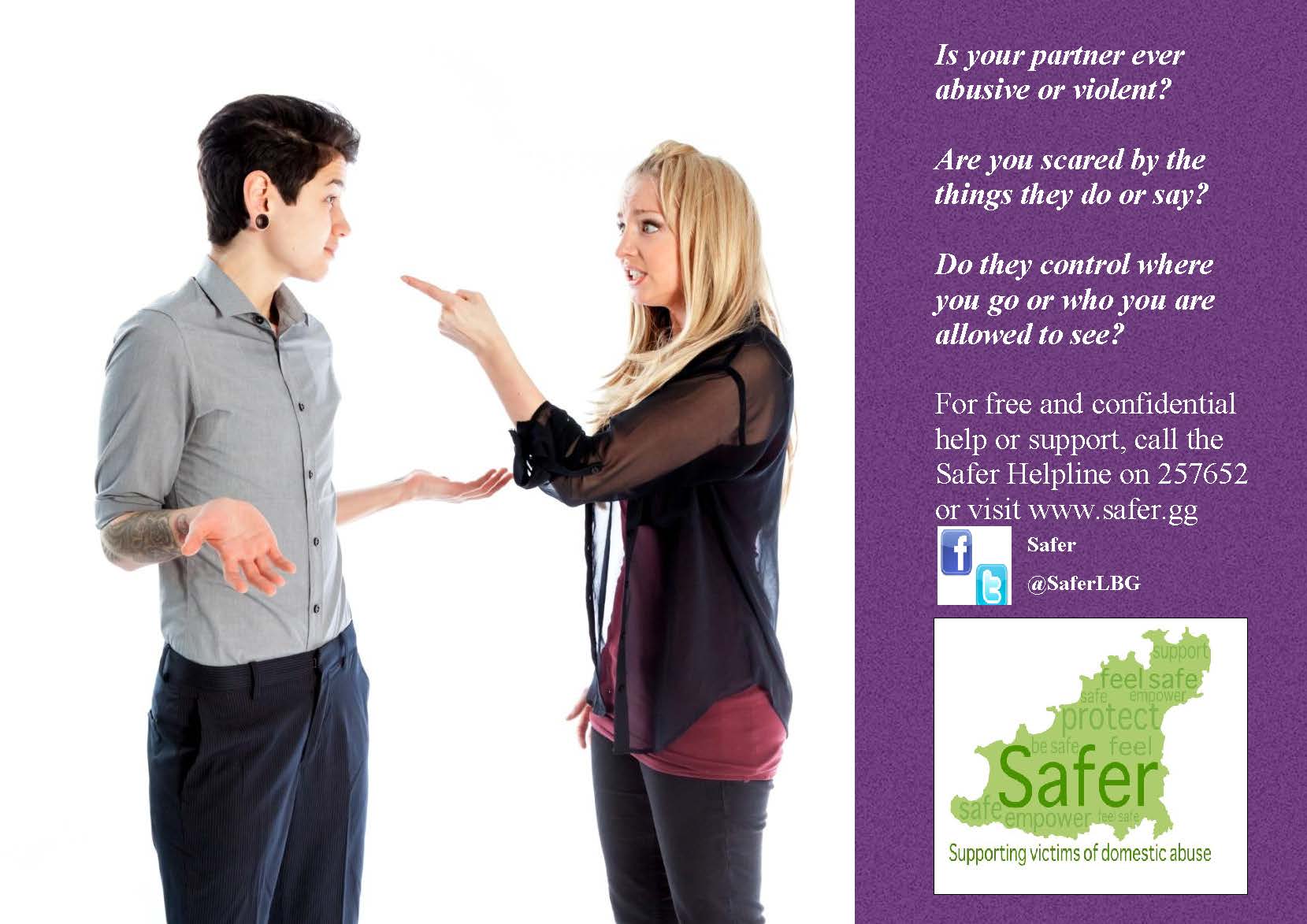
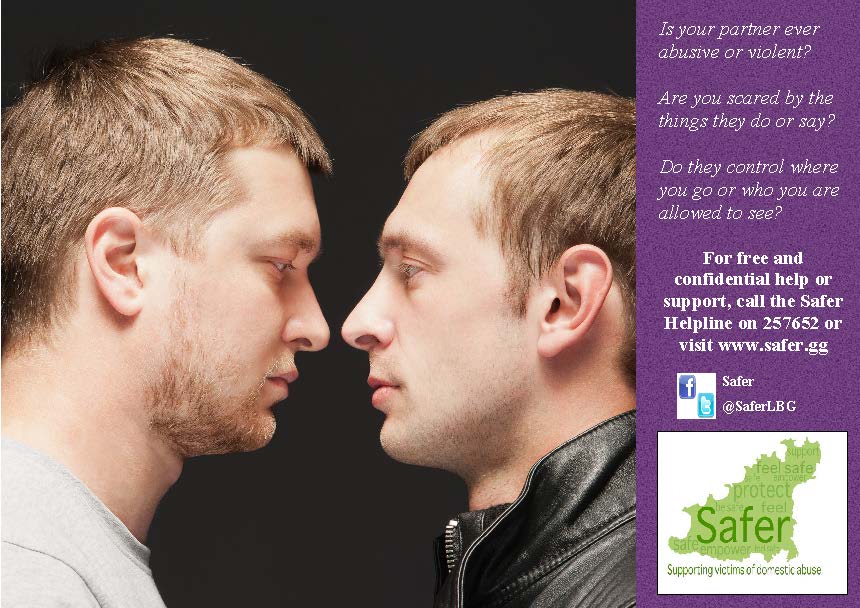
Take Mark’s story. Mark is a supporter of LIBERATE and used to be in an abusive relationship with an ex-boyfriend. He has agreed to share his story, because he wants to make a difference.
For years Mark put up with a torrent of psychological and physical abuse. His friends would hide him from his ex-boyfriend because at times he feared for his life.
Then one day, in 2009, as he was preparing dinner, his ex-boyfriend lashed out at Mark with a meat cleaver leaving him with a gash on the top of his head which needed 13 staples to close and a cut on his back which had to be glued. Mark played dead whilst his partner understanding what he had done called for an ambulance. The scars remain, both physical and psychological, but Mark survived and is now in a committed loving relationship.
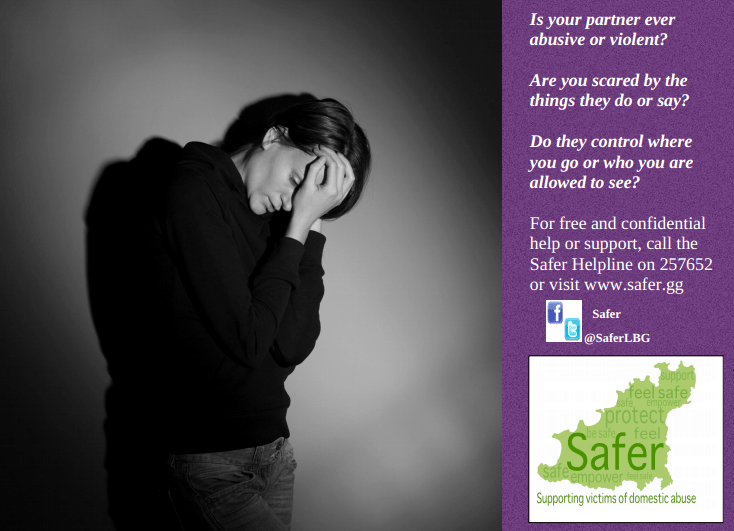
An estimated 1 in 4 LGBTQ people are affected by domestic violence – just as many in heterosexual relationships. Please fill in Safer’s, a Guernsey support group for victims of domestic abuse, confidential online survey. The information will help shape and direct services in the future to our community.
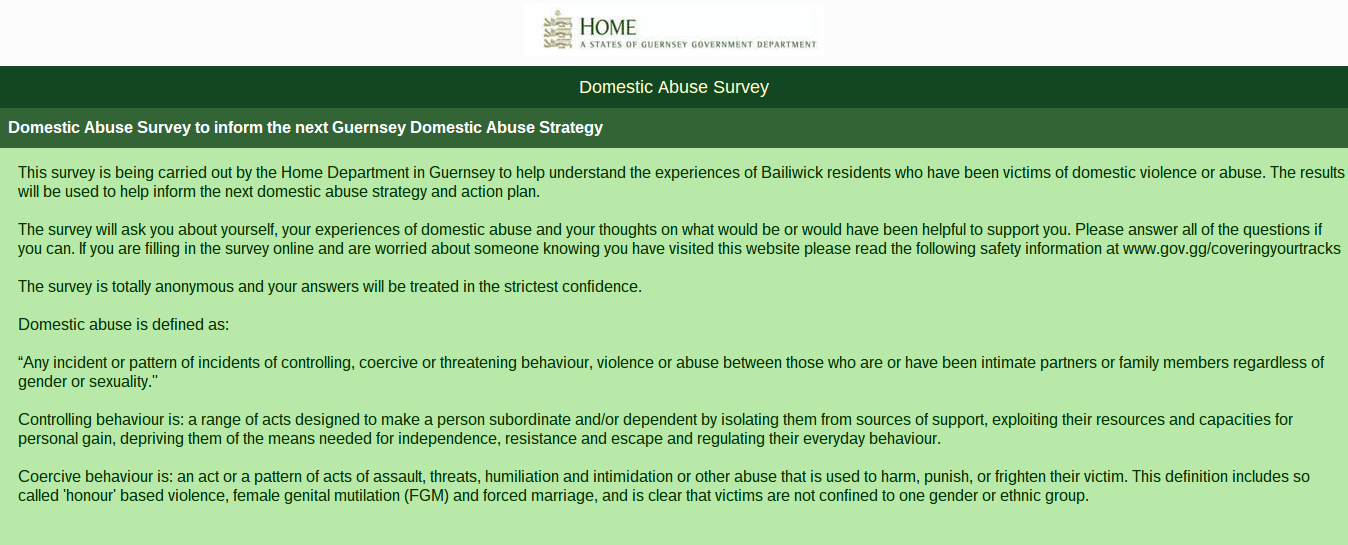
Further help and assistance
Broken Rainbow
National Helpline: 0300 999 5428
http://www.brokenrainbow.org.uk/help/helpline
The British National LGBTQ Domestic Violence Helpline provides confidential support to all members of the LGBTQ communities, their family, friends, and agencies supporting them. The helpline is run by trained LGBTQ people and provides a space where you can talk through what is going on, and explore your options. We can:
•provide confidential information, advice and support
•help you create your safety plan
•explore options around housing, legal advice, counselling and local support groups
•tell you about your local LGBTQ friendly services
•discuss the possibility of reporting to the Police
